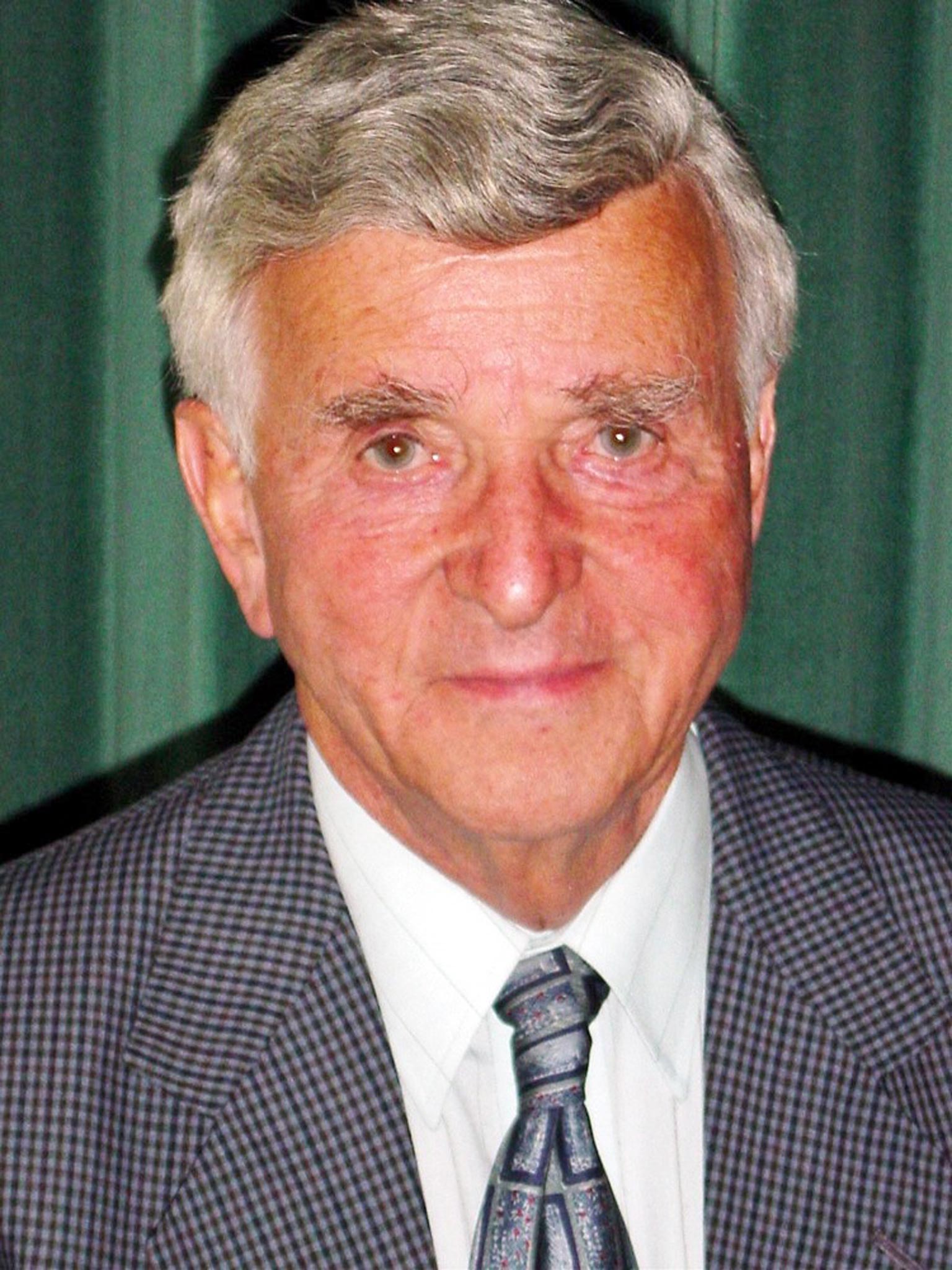Mike Lappert: Scientist who fled the Nazis as a child and went on to become one of the world’s leading inorganic chemists

Mike Lappert, who has died after falling while playing tennis, was one of the world’s leading inorganic chemists. His work was characterised by an unremitting search to extend the range of types of compound and the various elements which are the subject of research in this discipline. At the same time he was a major figure in the development of one of the premier schools of organometallic chemistry, at the University of Sussex, which united the expertise of organic chemists and inorganic chemists in a new interdisciplinary area. The school became widely recognised as one of the world’s foremost.
Born in Czechoslovakia, Lappert and his brother arrived in London in 1939 on a Kindertransport, their parents dying later in Auschwitz, and were raised in London by their aunt, also a refugee from the Nazis. He studied chemistry at Northern Polytechnic, now part of London Metropolitan University, gaining a PhD in 1951. He became a senior lecturer there in 1957, and was a prolific researcher.
His main interest was in organoboron chemistry, which was in itself innovative, attempting to extend our knowledge of organic chemistry to the element boron, which is a neighbour of the basic organic element, carbon, in the Periodic Table. This gave him a profound knowledge of chemical mechanisms and a unique way of thinking about chemical problems, which inorganic chemists had generally ignored. The originality characterised his research.
Becoming frustrated with opportunities for advancement at Northern, he moved as lecturer to the chemistry department at what was then the Manchester College of Science and Technology (later UMIST), and there his research, already unusually productive, began to blossom. In Manchester he also developed a lifelong passion for walking and sport, and a love of the Lake District. He eventually bought the cottage in which John Dalton, proponent of the atomic theory, was born and lived his early life. He also cultivated his interests in theatre and music, especially opera.
In 1964 he moved as Reader to the new University of Sussex, where Colin Eaborn was establishing a chemistry department which became one of the world’s leading centres for organometallic chemistry. Lappert became Professor (then Research Professor), establishing a research group which attracted students from all over the world. He supervised more than 100 DPhil students and attracted more than 100 postdoctoral Fellows. He worked in Sussex for some 50 years until his death.
In Sussex he extended his researches to derivatives of elements from most parts of the Periodic Table, including the so-called rare earth elements. He used novel materials to support these elements in their compounds, and to stabilise some very reactive species. One innovative use he made of his new materials was to trap and stabilise transient reactive chemical intermediates, such as carbenes.
Reactions of organic chemicals sometimes involve carbene intermediates, which contain carbon centres with only two bonds to them rather than the usual four. This makes them highly reactive and unstable. Trapping them on a metal centre satisfies the unused bonds and makes the carbenes more amenable to study. They are now used in many kinds of reaction, such as in the petrochemical industry for transforming olefins of various kinds into more useful variants. Lappert was always interested in basic research, knowing that applications would arise as the properties of new materials and reactions become evident.
He published some 800 scientific papers, a number matched by few other chemists. He served a term as President of the Dalton Division of the Royal Society of Chemistry and was honoured not only by the Royal Society by election to the Fellowship in 1979 but by several foreign universities and research academies, notably the American Chemical Society, who awarded him the Kipping Medal for research in organosilicon chemistry in 1976. A well-known category of organosilicon compounds are the silicones, which have moved from being compounds of purely academic interest to widely used materials with many applications, in plastics, polymers and lubricants, for example.
Despite his family history he bore no grudge against Germans and was good friends with many, some of whom became his students. The University of Munich bestowed an honorary doctorate upon him in 1989. In 2008 he received the Alfred Stock Memorial Prize of the German Chemical Society for his contribution to inorganic chemistry, only the second given to a Briton. He never forgot his roots in Czechoslovakia, but he was fiercely and proudly British, and always defended Britain in argument. To a degree he was more British than many natural-born British citizens, and never forgot the opportunity this country gave him to lead a productive and rewarding life. His kindness, generosity and hospitality were legendary.
JEFFREY LEIGH
Michael Franz Lappert, inorganic chemist: born 31 December 1928; married 1980 Lorna McKenzie; died 28 March 2014.
Join our commenting forum
Join thought-provoking conversations, follow other Independent readers and see their replies
Comments